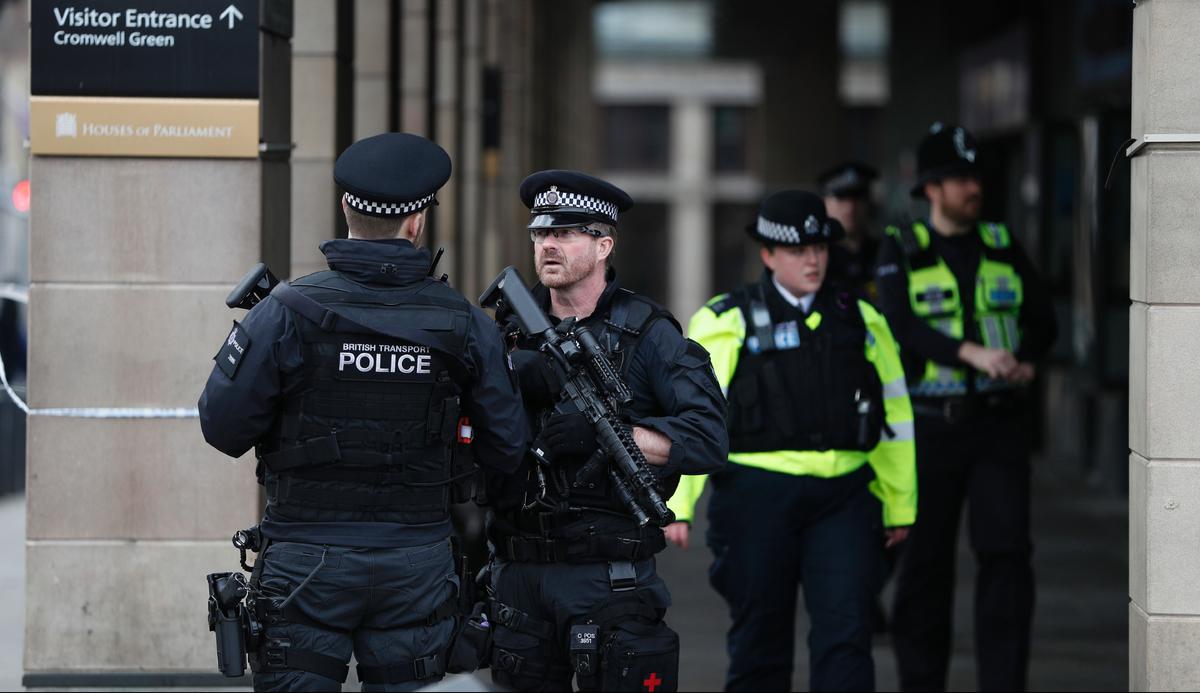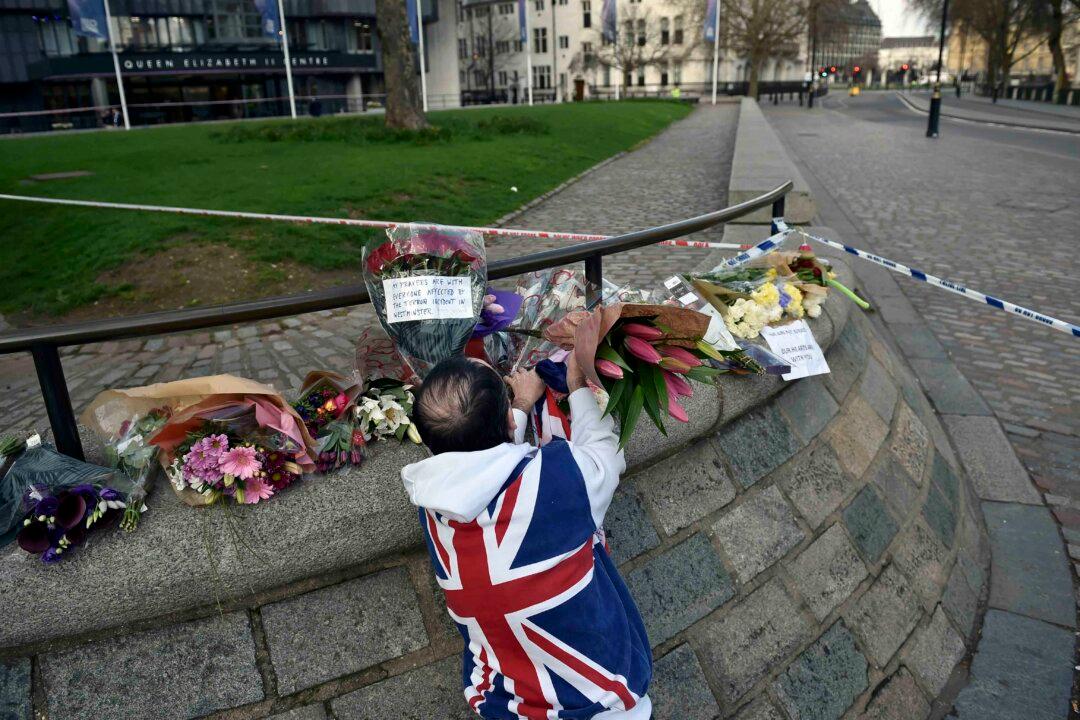BRUSSELS—Hours before Wednesday’s attack in London, the head of the European Union police agency Europol warned that a large group of radicalized individuals posed a constant threat to Britain and Europe.
“Some of these are likely to succeed in the future,” Rob Wainwright, who is British, wrote in a blog to commemorate the attacks in Brussels that killed 32 people on March 22, 2016.
In the year between those incidents and the attack that killed three people and injured dozens near Britain’s parliament, European security officials say intelligence sharing on potential threats has increased 10-fold.
More work is being done to tighten security by streamlining databases, clamping down on identity fraud and making reporting of suspicious individuals obligatory.
Britain is one of the top three users of Europol data. But as it leaves the EU, there is a risk that it will be shut out of this cooperation, becoming more vulnerable to Islamist radicals who have killed 300 people across Europe over the past two years.






